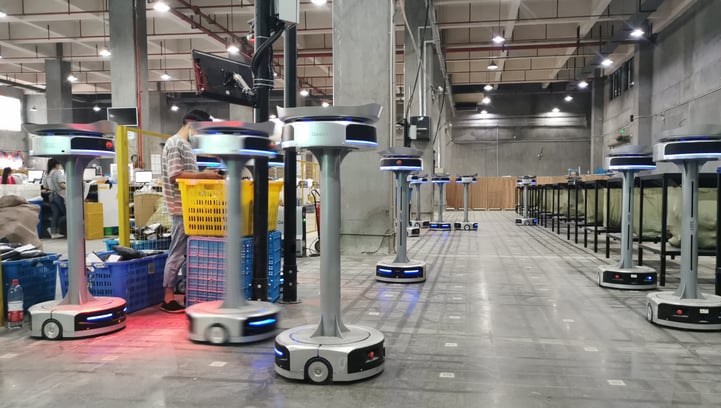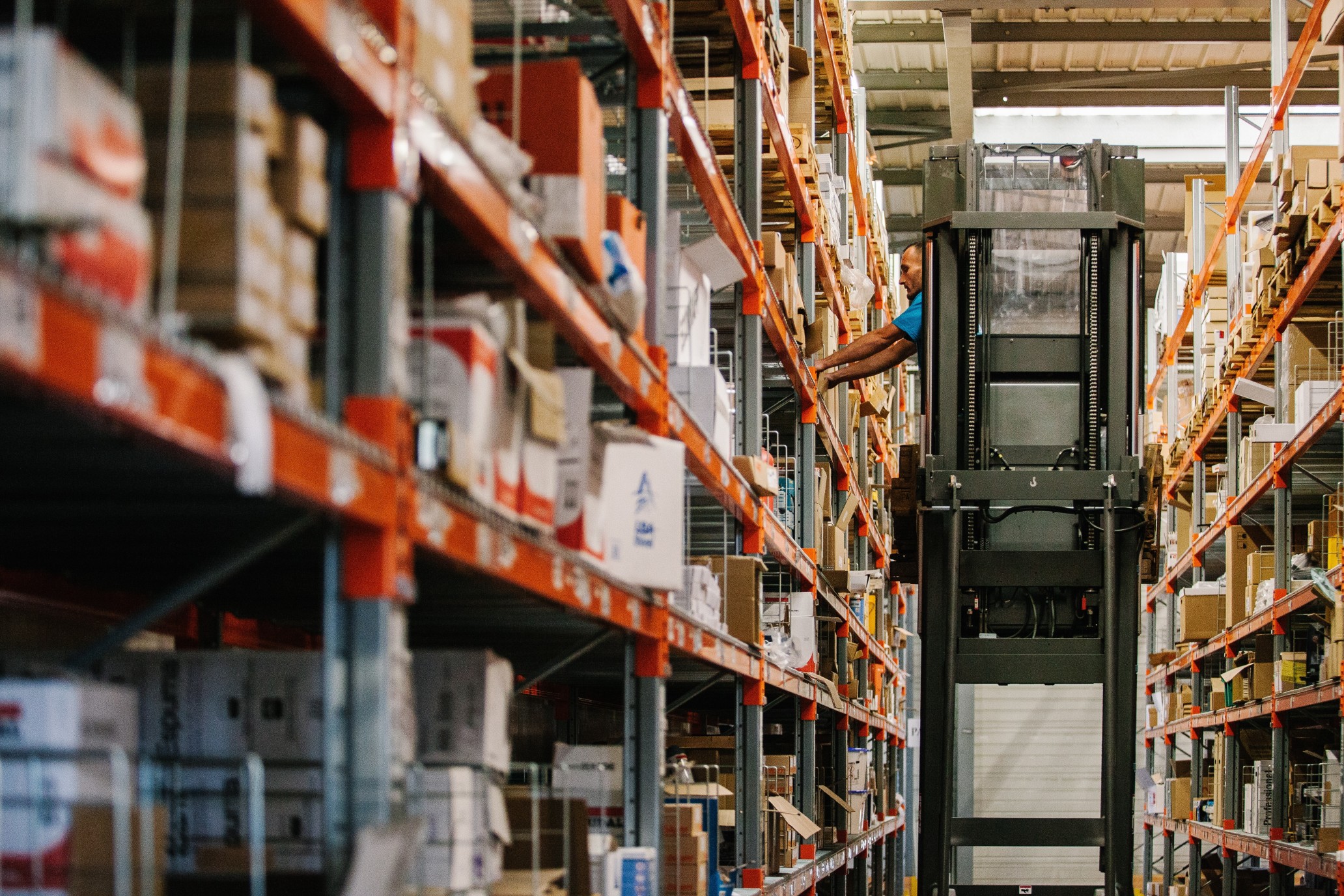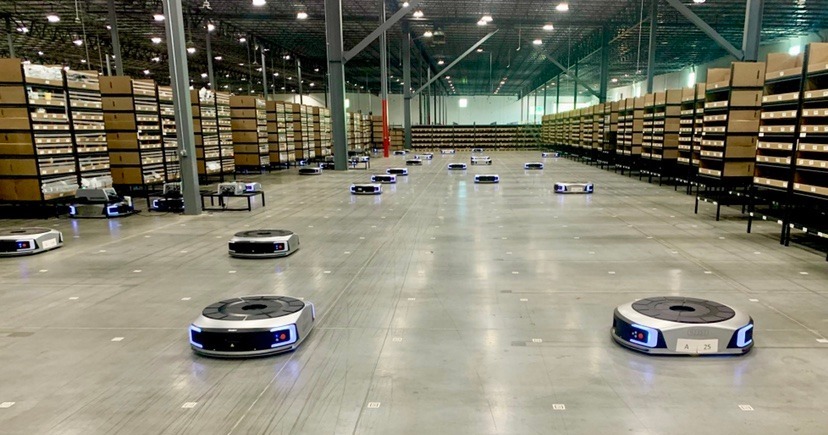4 Lesser-Known Reasons Why You Should Invest in Warehouse Robotics
The International Federation of Robotics (IFR) reported that industrial robots hit an annual global sales value of $16.5 billion in 2018, and sales figures are expected to rise from 2019 to 2022. Across a variety of industries and a myriad of use cases, robots have proven to transform productivity and efficiency for the better, generating faster output, higher quality and greater flexibility in virtually all production processes. Thus, it is no surprise that an increasing number of organisations yearly have made the decision to invest in automation.
Is your organisation considering an investment in warehouse robotics? Beyond the widely known benefits of business productivity and output quality, here are four lesser known benefits of warehouse robots that adds to the case for investment.
1. Improved working conditions for your employees
The introduction of robots into your manufacturing and production processes can improve working conditions for your staff. Warehouse workers can rely on robots to handle heavy loads, and send robots to work in environments which are relatively more hazardous or precarious. This greatly reduces the risk of serious accidents that can affect your worker’s health and safety.

In addition, by teaching your staff to operate the latest robotics systems and software, you are upskilling your workers with valuable programming skills that are in demand in the industry.
With the time freed up from manual and repetitive tasks, your staff can perform value-added work that drives stronger impact for your business. In a nutshell, investing in robots translates into investing in your workforce.

2. Allowing traceability in a data-driven world
As Industry 4.0 continues to develop, organisations globally are starting to recognize and champion the importance of data and the insights which data can bring. This has led to an emphasis on metrics and tracking across all parts of an industry’s value chain. With robots, the recording and analysis of metrics becomes a much easier task.
For example, clients may request that a consistent reporting of product inspections be submitted on a weekly basis. For human workers, it can be difficult to confirm what he is doing at any given moment, and reporting the data may be a tedious and time-consuming task.
By digitizing such processes with robots, the more control, traceability and predictability a business has. Data is a precious commodity in today’s operating environment, and your investment in robots unlocks your access to consistent and accurate data.

3. Granting flexibility in uncertainty
The year of 2020 and its events have reminded organisations that that they operate in a volatile and uncertain environment. The pandemic sent businesses scrambling to respond to the oscillating supply and demand shocks on the global supply chain. In this volatile environment, it is critical that businesses can be flexible and respond to sudden changes quickly and decisively.
For manufacturing and production businesses, robots can add the much-needed flexibility to the production line. Once programmed, they can easily switch between processes, helping businesses meet changes in customer demand with the minimum of effort. Robots can also be swiftly added or removed from production lines when needed. This ability to meet changing consumer demands and respond quickly to crises or opportunities will be a crucial competitive advantage for businesses moving forward.

4. Fast returns on a low ROI period
In any investment, businesses are eager to find out the duration it will take before an investment earns back its initial cost and starts producing profit for the company. In the case for warehouse robots, the ROI payback period is attractively low, estimated at around 2 years as a general rule. At Geek+, the ROI payback period for has been as low as 1 year for its clients across a range of industries. Click here to access our case studies.
Evidently, the reasons to invest in warehouse robotics go beyond improvements in productivity and quality. Businesses can rest assured that their investment in robots will reap a multitude of benefits for their business, their people, and their customers.




.png?width=500&name=AMR%20VS%20AGV%20(1).png)